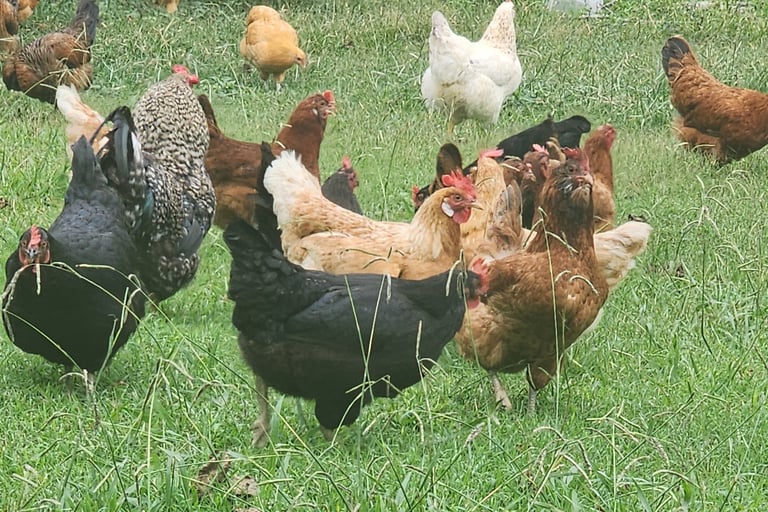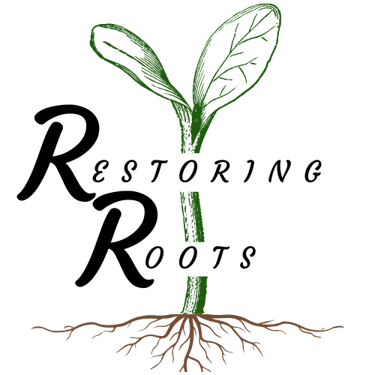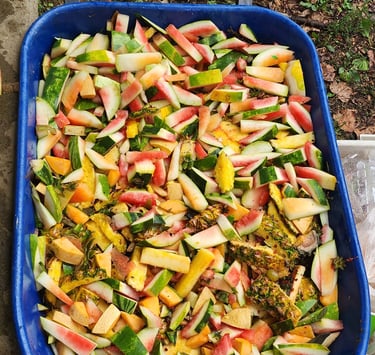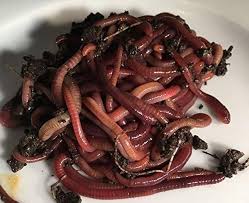Restoring Roots Ranch
What drives us?
We are a family-owned and operated farm dedicated to producing natural products for soil health. Our commitment to regenerative farming practices drives our passion for improving soil and air quality for future generations.
What we offer
Worm Castings: This nutrient-dense amendment is created by our worms as they work hard to break down organic food and paper waste that would otherwise go into Tennessee landfills.
Frass: A nutrient-rich byproduct from our mealworm cultivation
Farming Products: We partner with businesses we trust to provide items that we have used and enjoyed. We will never list anything on our website that we wouldn’t want to purchase for ourselves.
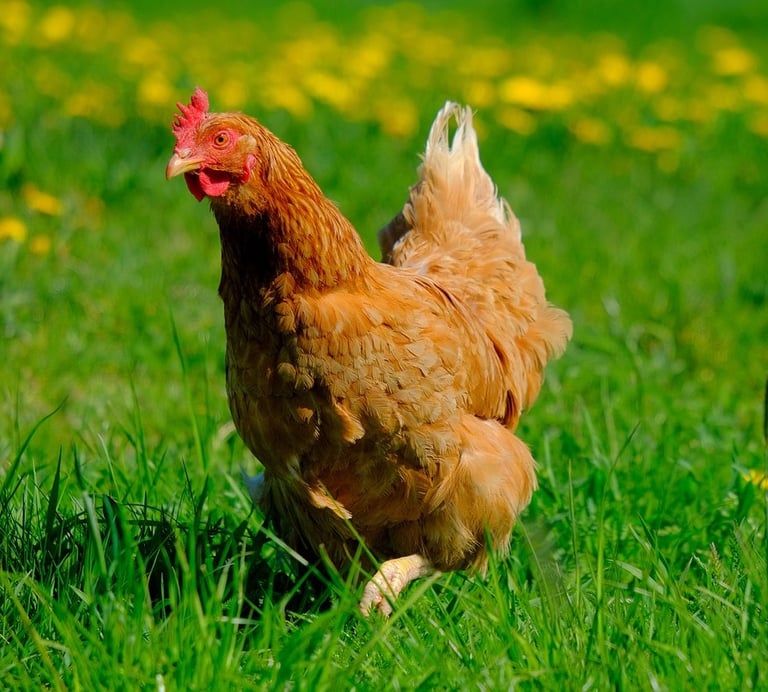

At the core of our business is a deep-rooted passion for regenerative farming. We strive to create sustainable solutions that not only enhance soil health but also contribute to a cleaner environment for generations to come.
Sustainability Focus
By diverting waste from local landfills and transforming it into valuable soil amendments, we're playing our part in reducing environmental impact while providing high-quality, natural products for agriculture and gardening.
Our family farm is committed to nurturing the earth, one handful of soil at a time. Join us in our mission to create a healthier, more sustainable future through regenerative farming practices.
Landfills across America are filling up. Nine states have enacted laws regarding organic waste to delay their landfills closing.
In 2018 SWEEP declared that America was heading towards a "landfill crisis." (link) We are the leading waste producers per capita, creating 12% of the worlds waste even though we only account for 4% of the worlds population. (link)
Waste Reduction
We are now partnering with a large food pantry, as well as a grocery store. From January through July of 2024 we took in over 3 tons of waste. This is all processed from our small home using inexpensive tools.
We are looking at options for raising the capital to build an outbuilding dedicated to the worms and waste processing. One of our third year goals is to take in all the organic waste from these two sources. From their estimates, this would add up to approximately 110 tons of waste annually!
Restoring Roots Worm Farm
We raise the four main species of epigeic worms used in vermicomposting. Red Wigglers (Esinia fetida), Indian Blues (Perionyx excavatus), African Nightcrawlers (Eudrilus eugeniae), and Europeoan Nightcrawlers (Eisenia hortensis, previously known as Dendrobena veneta).
Almost everyone knows the basics of composting and most people have at least heard of vermicomposting, or composting with worms. We started out like many others, with an 18 gallon tote and a half pound of worms.
We left the worm bin behind when we moved from Ohio to Tennessee. After getting settled, I decided to start growing my worm farm on a larger scale and purchased a pound of Red Wigglers, but ended up with mostly Indian Blues.
We lost almost half our worms in the first week. This was very frustrating because I hadn't been warned about the different needs of Indian Blues, nor was I aware that I would receive such a high percentage of them.
When I saved up to order again, I found a different company and orders Red Wigglers, and African Nightcrawlers. I'd never seen Africans before and was shocked at how long these worms are! I absolutely love them and their ability to chow through large amounts of cardboard quickly.
We also order European Nightcrawlers because we enjoy them for bait, and they do a good job at finishing up the food scraps left as the red wigglers continue looking for their food at the surface level.
We now have a good size worm farm and look forward to teaching you what we've learned along the way. I'm not an expert by any means, but I'm happy to answer any questions you have.
Mealworms
I started raising mealworms (Tenebrio molitor) as a supplement and treat for my backyard chickens.
I wasn't sure I would be able to stick with it. The pictures creeped me out!
It's become a hobby in it's own right though. It's rewarding to be able to provide a healthy treat to my hens, and I like that I can see the population grow so quickly.
Now my daughter has a toad, and I've researched and learned about the many other insectivores that eat mealworms and beetles. We now raise mealworms for our animals, and sell them locally.
One of the things that helped convince me to try raising mealworms was the frass that they produce which is another fantastic soil amendment. Frass has many nutrient benefits as well as chitin which acts as a natural pest repellent.
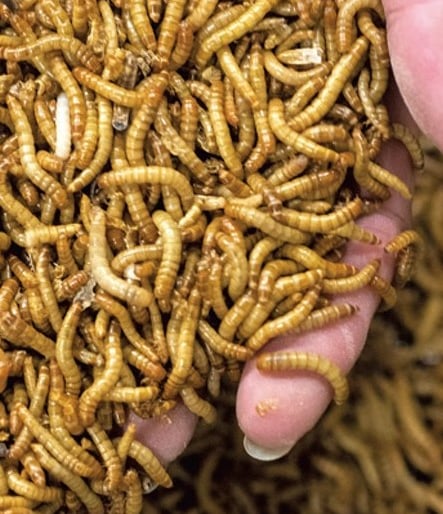

Backyard Poultry
We currently have 55 hens in our backyard flock. We raise a mix of breeds that supply us with an average of 18 dozen colorful eggs a week.
Our birds are free-ranged on pasture and supplemented with sprouts and forages in the winter. They receive beetles and mealworms as a treat in the summer, and a supplement in the winter.
Soon we will add more birds to our flock to meet the demand for farm fresh eggs. Our next birds will be a step forward in our farm plan. Critically-endangered chickens! I'm excited to get started!
